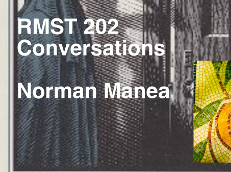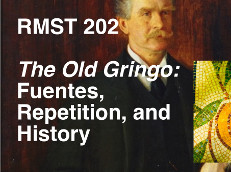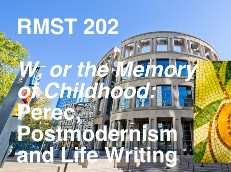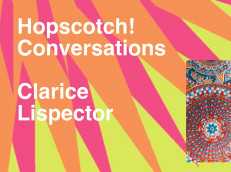For the final book of this course, I chose to read The Society of Reluctant Dreamers by José Eduardo Agualusa. I really liked this book. There was a lot going on that added so much detail to the plot. I especially liked the incorporation of Hossi’s journal entries and the letters between the characters. I always like when authors add different forms of writing to their writing. This in particular reminded me of Paris Peasant because I remember how Aragon incorporated menus and newspaper clippings. On another note, when Daniel Benchimol is dreaming about people that he has not met and events that have not happened yet it reminded me of Amulet and how while trapped inside the bathroom, Auxilio was able to recall memories from the future. However, unlike some of our other readings, I was glad that this one had a more happy ending for Moira, Daniel, and Karinguiri.
The book itself had a dreamlike quality on its own. I found it a little confusing to figure out whether I was reading something that was in the present or in a dream or in the past. It was such an interesting plot combining the political aspect of Angola with the idea of the dream lab technology taking pictures of dreams and how the two began to interact with each other. Dreams in this book were a way of connecting people with similar ideologies. I think Daniels’s daughter, Karinguiri was my favourite character because she was true to her beliefs no matter what. Even with her mother’s family’s disapproval, and being imprisoned she never gave up on what she thought was right.
I thought Daniel Benchimol’s relationship with Moira was interesting considering that he had been recently divorced from Lucrécia who had completely different values than Daniel. At the beginning of the novel, Daniel is upset because of his failed marriage and tells his friend how people shouldn’t marry for love, instead “if people always got married when lucid, they’d only ever do it out of self-interest, like [his] parents.” Then by the end of the novel, we see him re-establish what love means to him and how he can both be in love and have his self-interest in mind. While romance isn’t the most important theme, I thought this aspect of character development was nice to see for Daniel.
My question to the class is: What did you think of Moira and Daniel’s relationship?




